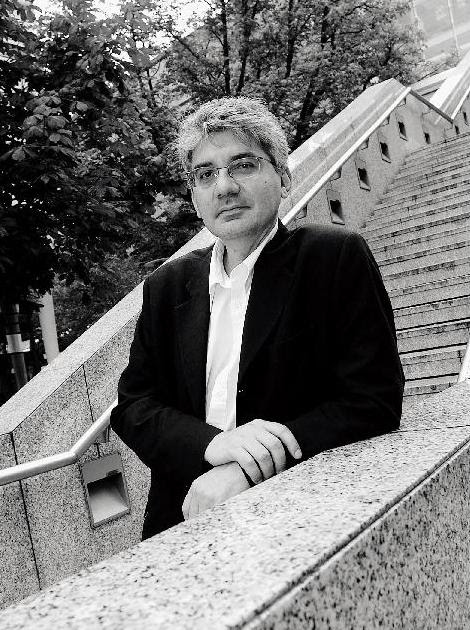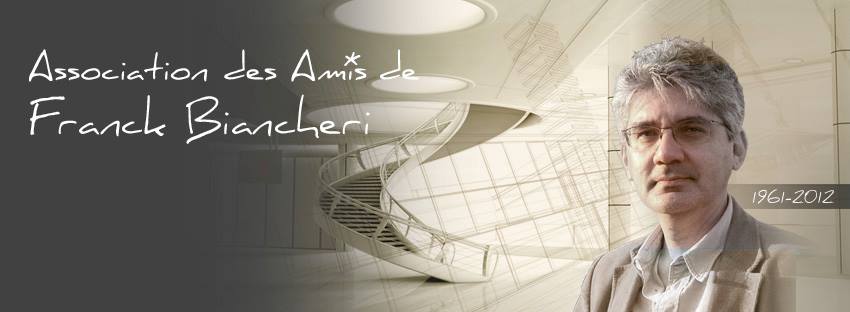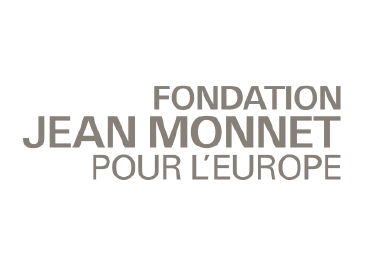The last EU Summit finally clarifies the future outcome for Turkey, and therefore for the whole EU neighbourhood, as it is obviously proving that there will be no way out of a privileged partnership for Turkey as well. Leaders’ summit may indeed sometimes prove the contrary of what they seem to say (for more explanation, read Newropeans-Magazine editorial of Monday December 20th, in French). Ukraine will definitely enter within the same category of EU partners.
The privileged partnership will be granted to countries to which the EU institutions (Council, Commission, Parliament) gives a greenlight for starting accession membership, while the EU population will refuse to give the final ‘OK’ for this membership. France and Austria have decided to establish referenda for future EU enlargements (after Romania, Bulgaria and Croatia); and they will be joined by at least half of EU Member States by 2010. So from 2010 on, enlargements will have to stand a ‘double conditionality’ test: institutions approval plus people’s approval.
In the case of Turkey, the process will involve some turmoil in coming 5 years but by 2010 a smoother process will take over, managed by the generation who will de facto deal with those issues, the current 30/40 years old generation (and not our current EU leaders generation).
Concerning Ukraine, the process will be much easier, as from the very beginning EU accession will not be an option (contrarily to what some Polish leaders tend to obtain by supporting Turkish membership). As part of our neighbourhood, Ukraine will be heavily supported by the EU in order to reach both economical development and democratic gouvernance. Such core aims will be similar for the whole ‘neighbourhood ark’ ranging from Moscow to Rabat.
Meanwhile, being part of our common neighbourhood with Russia, Ukraine will be, for the EU, a major component of the future EU/Russia relations. As elaborated during the GlobalEurope 2020 seminar in Warsaw, last February, such a future EU/Russia relation will give a high priority to this common neighbourhood, which psychologically belongs to both ‘identity spheres’: the EU one and the Russian one.
The EU will be extremely strict, as demonstrated during the current Ukrainian elections crisis, regarding political evolutions in these countries: the democratic process should and will be supported. Any interference of Moscow in order to reverse this trend will generate immediate counter-action from the EU in the field of financial, economical or technological cooperation.
But, as a paramount objective of both the neighbourhood policy and the EU/Russia policy is to bring peace and stability in the region, the EU will be very keen in preventing any move which could generate legitimate security threats for one or the other player. This parameter will be very important for the EU till Russia has not chosen to enter a sustainable path towards democracy, and may therefore be subject to unpredictible evolutions.
For these reasons, in the coming two decades, the EU will not accept any enlargement to countries within this ‘common neighbourhood’ area; neither will it support any NATO extension into this part of the world. In terms of security, it will be up to the EU to strengthen its web of economical, political, cultural, financial, technological and military instruments in order to make peace the best choice for each regional player. Looking at the fast pace of EU Foreign and Security Policy development, this task will most probably be fullfilled in the coming 3/5 years.
By 2020/2025, it will be up to the generations leading the EU (and Ukraine, and Russia) at that very moment, to look forward for alternative ways of cooperation, if needed. In between let’s build a road which leads to a better region, with democracy, prosperity and peace on the agenda.
Franck Biancheri, 28-01-2005
Menton (France)
Menton (France)





